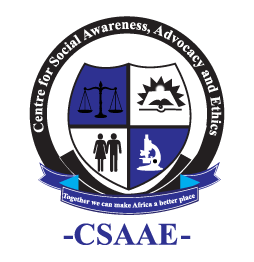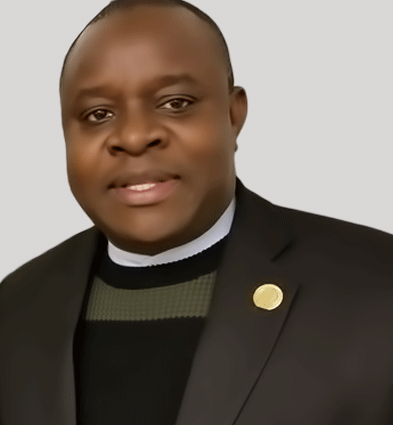Yesterday, the Archdiocese of Baltimore ordained eight young men to the Catholic priesthood.
It was a beautiful but solemn event and the large Cathedral could not accommodate people. In an after mass chat, the clergy personnel mentioned that it was the most attended ordination in decades.
The mass of ordination took place within the Solemnity of the Nativity of John the Baptist. In his homily, Archbishop William Lori, the ordaining prelate identified aspects of the priestly work that are in line with the work of John the Baptist. Beautiful homily!
While taking a walk later in the evening, I reflected on the prophetic work of today’s priests in the light of the prophetic work of John the Baptist, the prophets and Jesus Christ.
One thing common among these prophets was their critical voice towards the government. These prophets were not afraid to criticize the government. They never took sides with the government. They were always with the poor masses.
By virtue of their ordination, Catholic priests are prophets. As prophets, Catholic priests are by default sympathetic to the poor masses and critical of the government. To this end:
1. Priests cannot take sides with the government against the poor masses. The priest must always be sympathetic to the poor masses and cannot in words or actions be seen to be politically romancing with the government.
2. Priests cannot accept gifts and donations from politicians in power. The priest must refuse donations and gifts from any political office holder. First, it is unethical for politicians to use public funds for gifts. Second, no one receives a gift and remains the same. Priests that receive gifts from political office holders lose the moral authority to criticize the government.
3. Priests cannot remain silent in the face of bad policies. Priests must speak up against bad policies. Priests must follow very closely government programmes and policies and must waste no time in criticizing programmes that further impoverish the poor masses.
4. Priests cannot become political praise singers. Priests can praise noble actions of a government but priests cannot become political sycophants.
5. Priests cannot award Church titles to high profile political office holders especially the corrupt ones. If the politician is such a good Catholic that should be honoured, wait until the politician leaves office.
Priests, however, can work with the government to alleviate the pains of the masses. Governments and politicians can support good Church projects and projects initiated by priests that can improve the livelihood of the masses but politicians in power should not give gifts to priests.
With the permission of their bishops, priests can even serve in governments. But they must serve the State not the politician or the government official. They must resist all forms of corruption in government and if possible help clean up the government.
Finally, priests must be prepared to die for criticizing the government.
Fr. Godswill Agbagwa
Founder, www.csaaeinc.org


